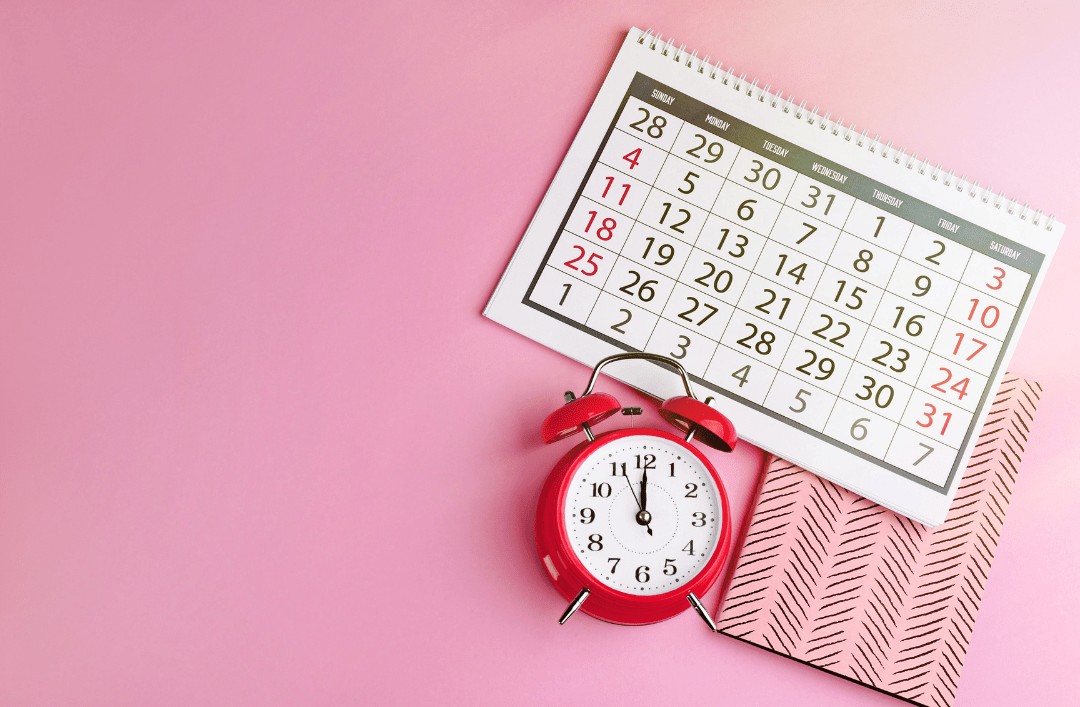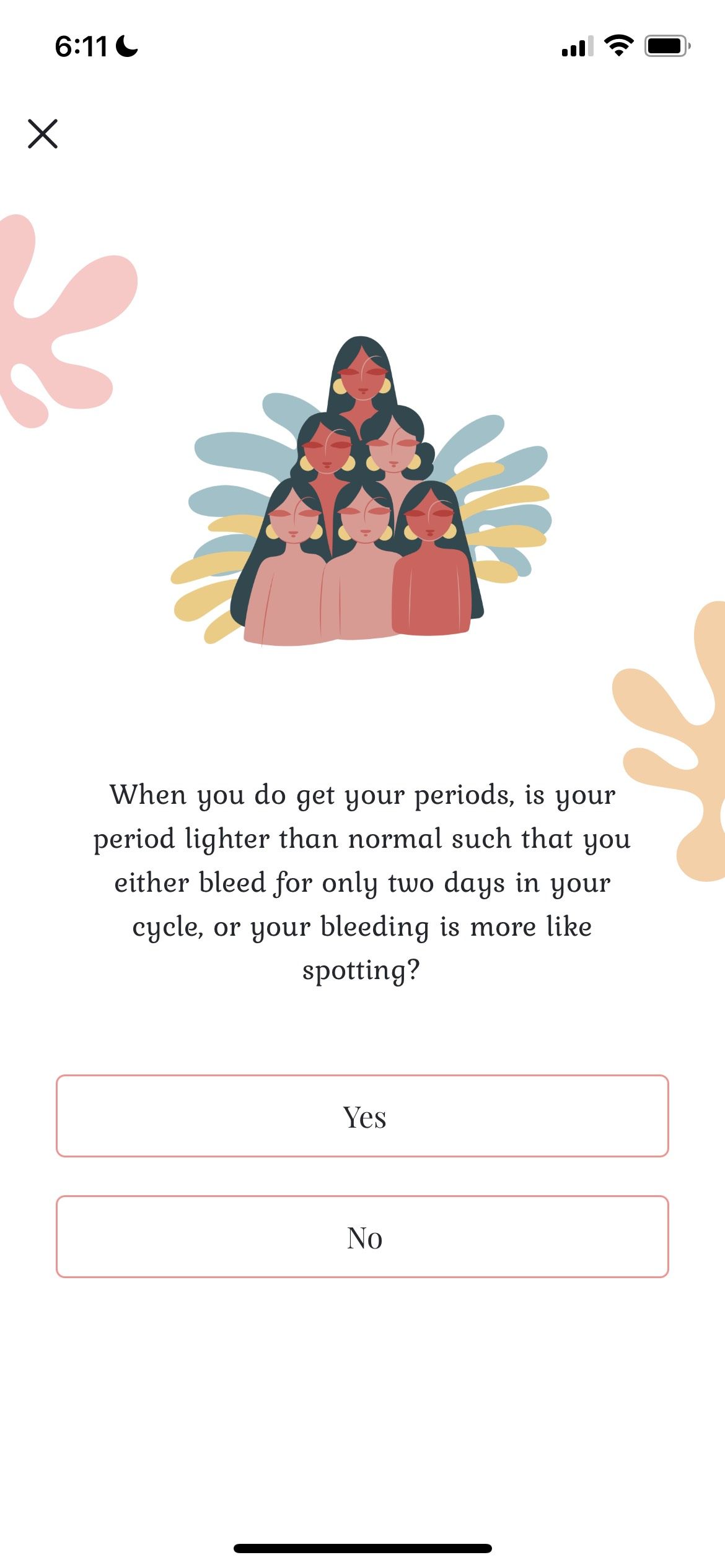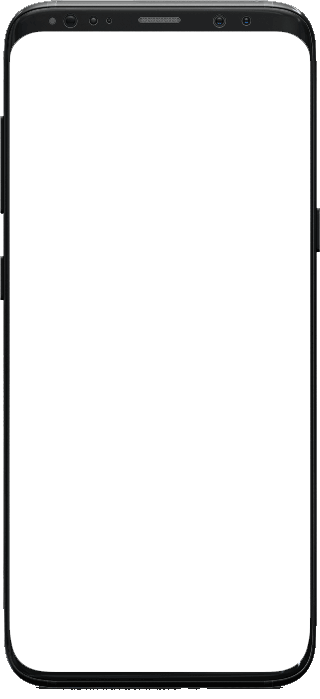Periods come early due to a lot of factors. A slight variation in your menstrual cycle is not something you need to worry about. Often hormonal changes which are more likely during puberty and perimenopause are the reason behind early periods. Medical conditions like PCOS and endometriosis can also contribute to period irregularities.
A period cycle runs from the first day of your current period to the first day of the following periods. It takes a woman between 21 to 38 days in order to complete a cycle, so the number of days a woman spends bleeding is different for each individual. Bleeding normally lasts between two to seven days. Your period coming early can indicate an underlying problem.
Here are some reasons for early periods:
1. Puberty:
Between the ages of 8 and 13 is typically when a person attains puberty. It’s triggered by reproductive hormones, which are chemicals in your body. Throughout your childbearing years, these hormones will have an impact on your menstrual cycle.
These hormones can be sporadic in the first few years after you start getting your period. This indicates that the time between your periods may be shorter or longer than usual.
Enlarged breast tissue, hair growth in the armpits and groin, acne, moodiness, and other symptoms of puberty can occur.
2. Perimenopause:
As the name implies, this is the time leading up to menopause, which often begins in the mid-40s or later years and lasts 4 years in most cases. Hormone levels fluctuate dramatically during this time, and ovulation may not occur every month. It’s possible that you’ll have irregular periods and have an early menstrual cycle as a result of this.
Women may also experience hot flashes, vaginal dryness, or irritation in some circumstances.
3. Intense Exercise:
Strenuous exercise might cause irregular periods or even the cessation of your period. This problem is frequently faced by athletes who train for several hours each day. It’s especially common in weight-restricted sports like ballet and gymnastics.
Exercise has little effect on your periods unless you burn significantly more calories than you consume. Your body doesn’t create the number of reproductive hormones it needs to ovulate regularly if you don’t have enough energy.
4. Stress:
How can any list be complete without mentioning the word “stress”? High-stress levels might disrupt your hormones, resulting in irregular periods. It could be due to traumatic experiences in your life, or it could be due to something else entirely; whatever the reason, try to find ways to relax and de-stress yourself.
5. Regular Weight Fluctuations:
Drastic weight changes are frequently linked to early, irregular, or skipped periods. Period abnormalities are common in people who lose a lot of weight quickly. Extreme dieting, gastric bypass surgery, and eating problems can all cause this.
When the body goes into starvation mode, it saves energy for vital tasks such as breathing. Period abnormalities occur when your body stops generating reproductive hormones.
6. Hormonal Birth Control:
The hormones in birth control tablets have a direct effect on ovulation and, as a result, on your periods. If you take birth control pills on a regular basis, the date of your next period will be determined by when you begin taking pills during your cycle. Other birth control methods, such as intrauterine devices, can also induce irregular periods, but only for the first two to three months.
7. Lifestyle Changes:
Changes in your lifestyle can impact your hormones, causing your period to arrive early or late. According to some research, those who move between day and night duties, such as nurses, commonly have irregular periods. Changing time zones could have a similar impact.
Early periods are generally not a cause for concern. However, you should see your doctor if you are experiencing severe pain or discomfort. In addition, if you have experienced a miscarriage, or suspect that you have, seek medical attention right away.
It may be possible for you to regulate things at home if you aren’t experiencing any severe symptoms. Keep track of your period timing, flow, and other symptoms over the next two to three months.
Consult your doctor if things don’t seem to be settling down. With the help of this information, they can evaluate your cycle and provide you with recommendations. 1 2 3





